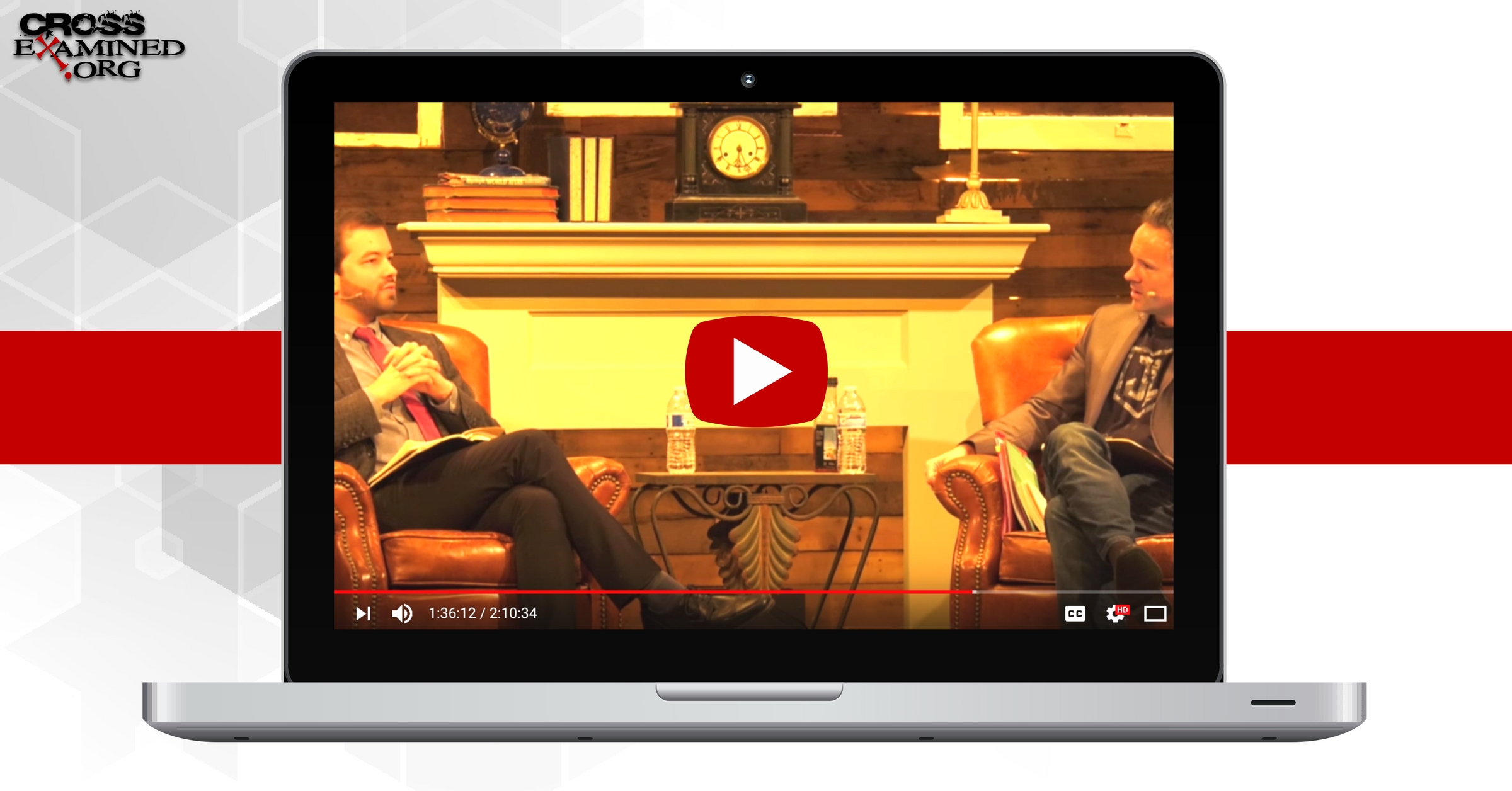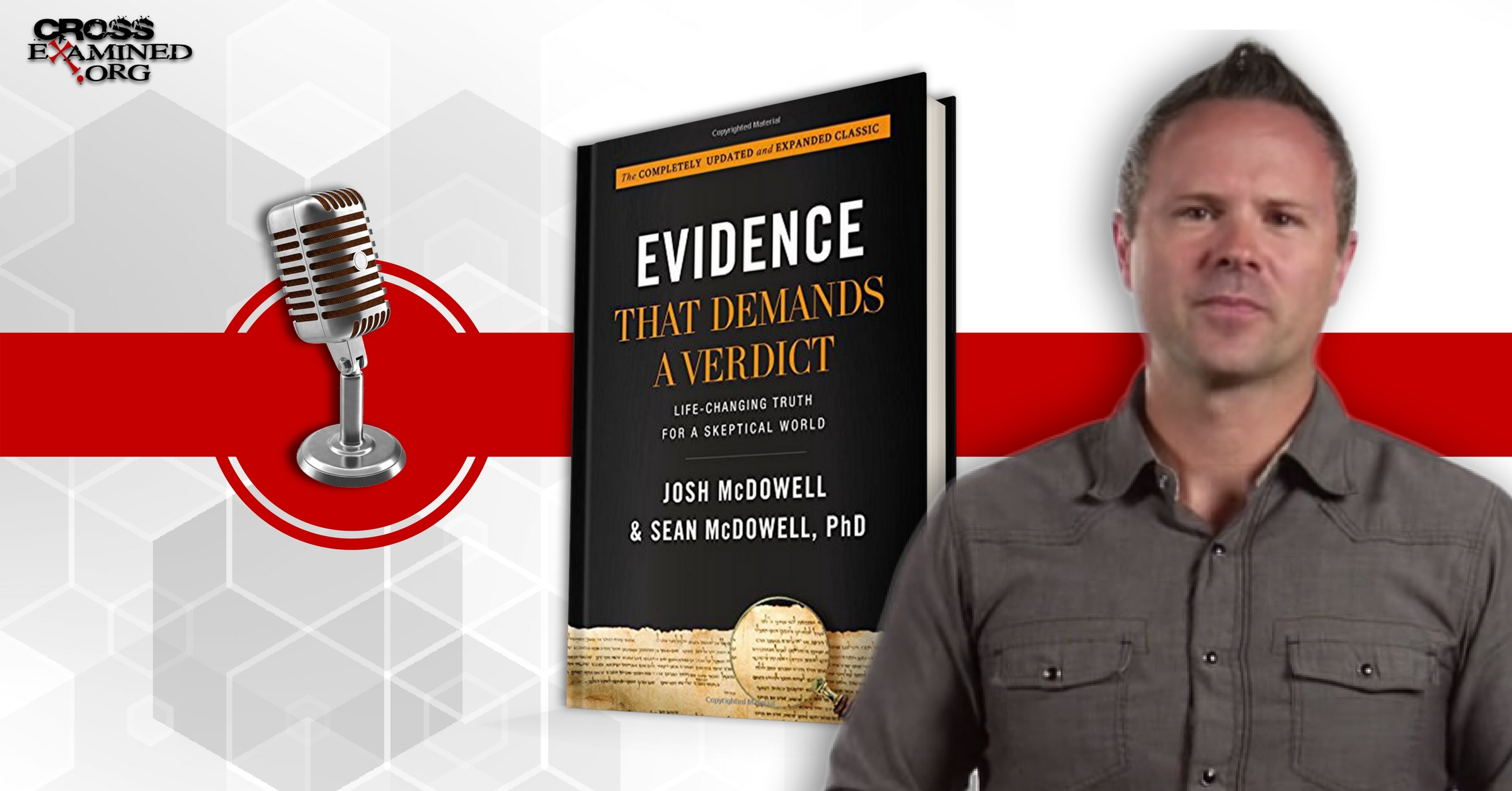Last week I had the chance of visiting the beautiful land of Israel. My wife and I went with Israel Collective, an organization dedicated to peace-making in Israel. We saw remarkable sites, met unique people (Israelis, Palestinians, Druze), heard powerful lectures, and ate some of the best food I have ever had—period.
There are so many insights that I could share. And I will probably blog on some of these themes again in the future. But for now, I just wanted to highlight seven big takeaways from my trip:
1. The peace process is inordinately complex
During our trip, we heard a lecture from a Palestinian Muslim reporter who lives in Jerusalem. He gave two reasons (as a Palestinian Muslim) for why the peace process with Israel continues to fail. First, there is a massive campaign to delegitimize Israel within Palestine. The Palestinians are radicalizing their own people against the Jews. Second, there is an absence of leadership among Palestinians who are authorized to make a deal with Israel. The reporter said to us that he has not been able to find one Palestinian leader who has the courage to promote genuine peace and accept the right of Israel to exist. Unbelievable. There is obviously so much more than these two points, and a variety of other perspectives, but anyone who thinks a solution between the Israelis and Palestinians should be easy simply doesn’t understand the complexity of the issue.
2. Modern Israel is a miracle
Virtually all ancient cultures have dissolved (Moabites, Canaanites, Sumerians, etc.). And yet Israel remains. A powerful argument can be made that God has miraculously preserved them to be a blessing to the world. Ezekiel 36:10 says, “And I will multiply people on you, the whole house of Israel, all of it. The cities shall be inhabited and the waste places rebuilt.” Remarkably, Israel is flourishing unlike any nation in the world. They have the highest PhDs per capita, explosive tree growth, business success, are a water superpower, and have developed remarkable technology (such as Waze).
3. Israel deeply cares about human rights
Israel is consistently criticized in the Western media for human-rights violations. In fairness, Israel certainly has not been perfect. But I am not sure there is another nation that cares more about human rights than Israel. Here is one small example. We had a tour of the Israeli security wall from Danny Tirza, a former colonel in the Israel Defense Force’s Central Command. He described how the wall is a barrier to peace, but was necessary when Palestinian terrorists murdered over 1,000 Israelis in the early 2000s. And yet, at the end of the tour, he described how he would love nothing more than to see his government sign an effective peace agreement with their Palestinian neighbors and tear down the divisive wall.
4. The Palestinian people are profoundly oppressed
After meeting some Palestinians in Bethlehem, which is in the West Bank, my heart was broken for their predicament. Unemployment is nearly 30 percent. Many evangelical Christians have experienced persecution from the government. The educational system is limited and extremely prejudiced. And there is a looming sense of hopelessness, especially amongst the young. While many want to blame Israel, the reality is that the corrupt Palestinian government and the leadership of other Muslim countries are using them as a political tool against Israel. Regardless, current efforts to help the Palestinians are simply not working and need radical reform.
5. Judeo-Christianity is a historical religion
While many people think of faith as blind, the Judeo-Christian faiths are uniquely rooted in history. It was amazing to travel throughout Israel and see some of the sites where the biblical stories took place, such as Bethlehem, the Valley of Boaz, the altar of Jeroboam, the tomb of Jesus, the shores of Joppa, the Western Wall of Jerusalem, and more. The Bible does not consist of stories “in a land far, far away.” Rather, it is based on real people, in real time, and real places. While many of the biblical sites have been destroyed, many still endure. And the remains testify to historical nature of both Judaism and Christianity.
6. Food in Israel is amazing
I have travelled to many places in the world and eaten some tasty food. But in my humble opinion, there is no place in the world with better food than Israel. The fruit and vegetables are fresh, the coffee is rich, the bread is soft, and the meat is savory. The people take tremendous pride in their food.
7. You can make a difference
Given the religious differences, the history of tension, and the existing suffering in Palestine and the Gaza strip, it is easy to get discouraged. And yet one of my big takeaways from the trip was seeing different people—lawyers, journalists, pastors, and more—aiming to make a tangible difference towards peace. It was humbling to see people committing their lives towards advancing the good. You too can make a difference. Pray for the people and the land. Consider visiting Israel. Support efforts towards peace. Or educate yourself by reading a good book, such as Reclaiming Israel’s History by David Brog.
Sean McDowell, Ph.D. is a professor of Christian Apologetics at Biola University, best-selling author, popular speaker, part-time high school teacher, and the Resident Scholar for Summit Ministries, California. Follow him on Twitter: @sean_mcdowell and his blog: seanmcdowell.org.











